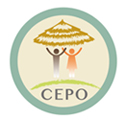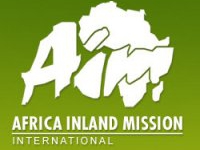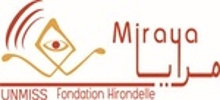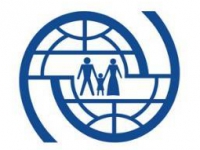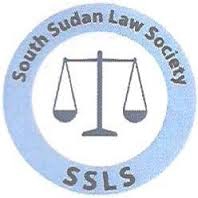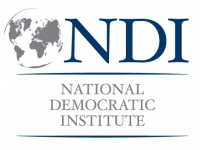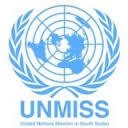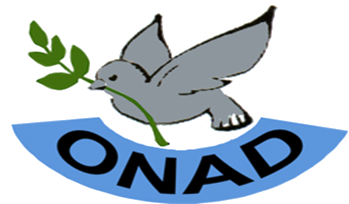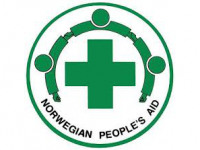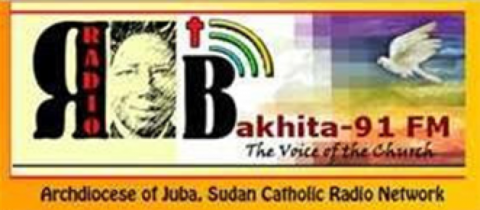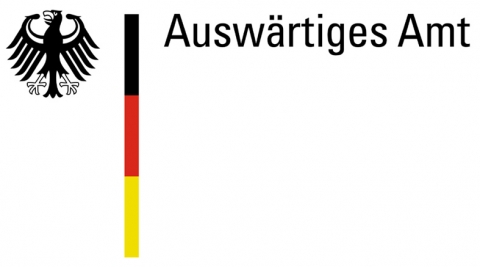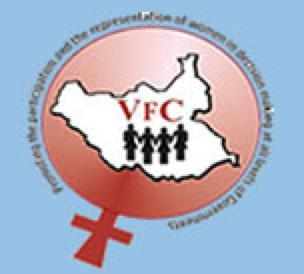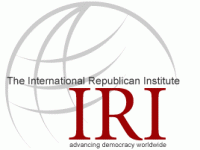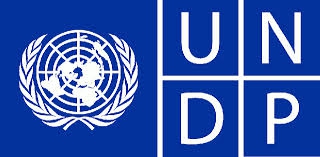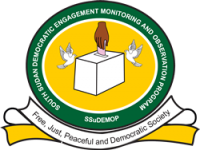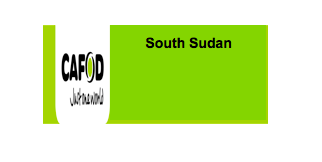Juba, August 8th 20187, Community Empowerment for Progress Organization CEPO has conducted a non-partisan observation effort for the August 2017 East African Legislative Assembly Elections. Two domestic observers were deployed to the TNLA to observe the election processes right from vetting of the candidates up to the Election Day. The two observers used common reporting forms for observing key elements of the elections. Observers remained in the TNLA throughout the day and reported through the Manager of Center for Advocacy and Lobby (CAL) in CEPO. The reports were verified for quality and analyzed impartially according to standards for non-partisan election observation. CEPO expressed its most sincere thanks and appreciation to all its observers who dedicated their time to improving transparency of the electoral process. CEPO would also like to extend its thanks to the Transitional Legislative National Assembly (TNLA) for its cooperation and acceptance of CEPO Observers.
2. EXECUTIVE SUMMARY
The East African Community (EAC) is an intergovernmental organization composed of six countries in the African Great Lakes Region in the Eastern Africa which includes: Burundi, Kenya, Rwanda, Tanzania, Uganda and lately South Sudan. The organization was founded in 1967, collapsed in 1977, revived on 7 July 2000 and got inaugurated by the East African Community on 29th November 2001. South Sudan applied for membership to the EAC as soon as it gained its independence in 2011. However, its application was declined due to institutional inadequate capacities being a new country. Subsequently, South Sudan has become the sixth member of the East African Community (EAC) bloc after President Salva Kiir signed an ascension treaty in Tanzania’s commercial capital, Dar el Salaam. In 2016, the EAC Heads of State approved the admission of the new country, which is trying to recover from a civil war. Tanzanian counterpart, John Magufuli, who doubles up as the bloc’s current chairman hosted the South Sudan head. Being admitted to the regional body means that South Sudan will enjoy all the economic benefits the club currently offers (free movement of labour and capital and, in principle, free trade) and will join the members as they move to increase economic integration (through a monetary union) and eventually establish a single political federation.
The East Africa Community has a Legislative Assembly a sub-organ of the Community. Article (50) of the East African community treaty requires that the member countries elect nine members to the Community’s Legislative Assembly. In early 2017, South Sudan President Salva Kiir appointed members to represent the young nation in the East African legislative body who were later approved by the MEMBERS of Parliament (MPs) in South Sudan’s unity government to represent the country at the East African Legislative Assembly in Arusha. However, a South Sudanese lawyer, Santino Wani filed a petition on 15th June 2017 in the East African Court of Justice (EACJ) to challenge the country over the members of Parliament it sent to East African Legislative Assembly (EALA). The Lawyer says the manner in which South Sudan selected its elected MPs to EALA was “unconstitutional”.
Article 50(1) of the National Legislative Assembly of the East Africa Community categorically stipulates that each Partner State shall elect, not from among its members, nine members of the Assembly, who shall represent as much as it is feasible, the various political parties represented in the National Assembly, shades of opinion, gender, and other special interest groups in that Partner State, in accordance with such procedure as the National Assembly of each Partner State may determine.” The lawyer petitioned South Sudan’s attorney general, the speaker of South Sudan’s national assembly and the EAC’s secretary general.
In the intervening time, the East African Court of Justice gave the respondents 45 days to file their responses to the filed petition. As the Arusha-based court was due to hear the case on June 15th 2017, the South Sudan Members of Parliaments revoked the decision in a special session two days earlier.
3. Advertisement to South Sudanese Applicants for Nomination to East African Legislative Assembly
On Friday 28th June 2017, the speaker of the TNLA advertised in Juba Monitor Newspaper dated Friday July 07, 2017 for nomination to the East African Legislative Assembly. CEPO observed that this action reflects the requirement of the EALA regulations and procedure that the clerk should issue a 14 days’ notice on a gazette and the mass media appointing two days during which the nomination of the candidates should take place.
4. Vetting of the candidates
The office of the speaker nominated 20 members’ committee on July 24th 2017 which was later confirmed by the regular sitting of the August house on July 28th 2017. The vetting committee chaired by Hon. Ding-Tiel Ayuien verified the requirements needed by applicants and declared 29 candidates successful in the process of screening. When CEPO domestic observers spoke to him earlier in confirmation of the vetting process, he explained that, they used a check list tool during their verification process which he said remained a confidential document for them.
5. Campaign of the candidates
In August 2nd 2017, out of the 29 shortlisted candidates, the 26 male candidates were given 7 minutes each by the speaker to address the Transitional National Legislative Assembly. However, the three female candidates were only declared successful and unopposed by the speaker. The house applauded execution of powers by the speaker by declaring the female candidates unopposed. However, according to Article13(1) of the Regulation of procedures for election of members of the East African Legislative Assembly, it states that “A person duly verified and nominated in the TNLA shall be given at least seven minutes by the speaker to address the TNLA. But the three female candidates were given only two minutes each to just introduce themselves to the TNLA something that contradicts Article 13(1) above.
6. Elections of the EALA candidates
In August 3rd 2017, the elections were conducted and it commenced at 11: 28Aa and ended at 8:30pm local time. The forum started by reading of rules and procedures of the elections by the speaker of TNLA before he handed over to the chair of the vetting committee who presided over the other elections procedures. The activity started with the 284 registered voters’ queuing to vote with and instruction of each voter to cast a vote privately to only 6 male candidates on the ballot papers excluding the female candidates who were already declared unopposed by the speaker the previous day. CEPO observed some little tension among the voters when the procedures of the voting were being read; some exclaimed that a voter must tick only 6 male candidates in the ballot papers for it to be rendered valid as others argue that one should be allowed to select his/her desired number of candidates so long as it does not exceed 6.
7. CEPO Methodology
Principles: CEPO is committed to uphold the highest ethical standards of impartiality and accuracy as non-partisan Civil Society Organization in South Sudan. Our methodology is informed by globally accepted principles for non-partisan domestic election observation, including impartiality, objectivity and accuracy. The objective of observation is to promote free, fair and peaceful elections, and the goal is to contribute to developing and maintaining a democratic society. Our observers are South Sudanese citizens, who are committed to promoting, electoral integrity and pledge not to favor any political party or candidate and to report accurately about their observations. No election is perfect, but the relative integrity of each of these processes contributes to the degree of credibility and the confidence citizens should have in elections. During the conduct of these elections, observers watched the campaign, voting and counting processes at the TNLA, recorded key information on standardized forms and reported their findings to the Center for Advocacy and Lobby, an initiative in CEPO.
8. Domestic Observation Forms
Standardized forms facilitated processing of witness accounts made by CEPO domestic observers, with the primary goal of having a detailed picture of the electoral process. There were two (2) types of forms used for the observation process:
Election observation: This form consisted of a set of 18 questions addressing voters’ concerns on administration and participation issues, including, for example, the security of ballot boxes, campaigning within the voting area, obstruction of observer presence, and lack of appropriate election materials.
Election tally observation form: The purpose of these forms was to capture the number of votes per each candidate during the counting process.
9. Concerns and recommendations
CEPO observed several positive aspects to the elections. Voters (MPs) lined up immediately and conducted themselves in a largely peaceful manner. TNLA officials showed a strong commitment to fulfilling their responsibilities, particularly given the difficult circumstances where they were challenged by a lawyer in the first attempt of the process.
CEPO recognized the fact that this was the first election to the East Africa Legislative Assembly in South Sudan since its acceptance to the East Africa Community and understand that the complexity of the electoral process and multifaceted political atmosphere of South Sudan made running this election testing.
CEPO recognized that in South Sudan the political parties actively participated in the election however, CEPO observers noted a need for parties and their candidates’ supporters or agents to better understand their roles in the electoral process, particularly regarding interfering with the voting process.
CEPO urges all election stakeholders in South Sudan to learn from these elections and apply the lessons learned to improve transparency and credibility of future elections in the country.CEPO will be organizing an induction workshop for the newly elected MPs to the EALA in order for them to learn the citizen’s expectation while they will be in the EALA
10. Conclusion
Despite the fact that, the electoral process AT LEAST embraced some key democratic principles of conducting elections, there were some few shortcomings observed and this include the inclusion of SPLM-IO candidates and the declaration of the three female candidates as an unopposed and successful by the Speaker of the Transitional National Legislative Assembly has generated a lot of concerns.
